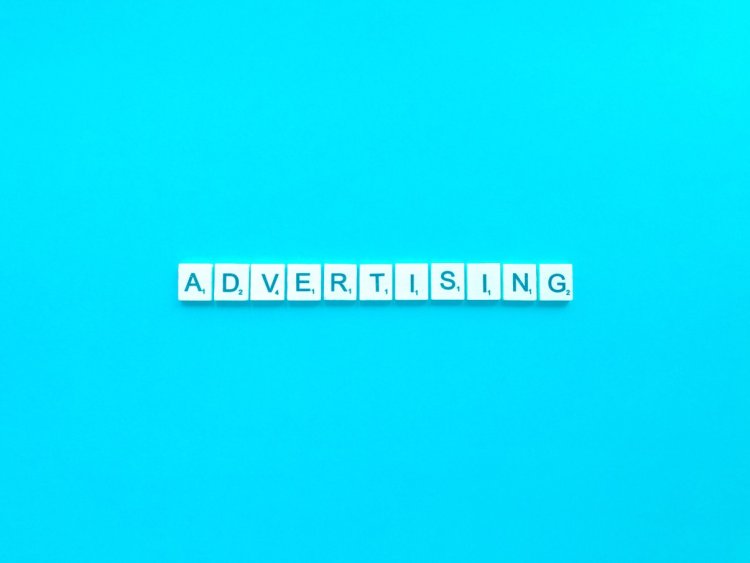Opt-In Marketing: Respecting User Choices for Ad Engagement
Learn about the significance of opt-in marketing and how it respects user choices for ad engagement, resulting in better outcomes for businesses and enhanced user experiences.

In the fast-paced world of digital marketing, businesses are constantly seeking new and innovative ways to reach their target audience. However, it is equally essential to prioritize the user experience and respect user choices when it comes to ad engagement. This is where opt-in marketing plays a crucial role.
Understanding Opt-In Marketing
Opt-in marketing is a strategy where users willingly and proactively choose to receive marketing communications from a business or organization. Unlike traditional marketing methods that rely on interruptive and intrusive ads, opt-in marketing ensures that users have control over the ads they encounter. This approach empowers users to select the content they are genuinely interested in, leading to higher engagement rates and more meaningful interactions.
The Power of Consent
At the heart of opt-in marketing is the principle of consent. When users willingly provide their consent to receive marketing communications, it creates a more positive and respectful relationship between the business and its audience. This consent-based approach fosters trust, as users feel valued and understood, knowing that their preferences are being acknowledged.
Enhanced Personalization and Relevance
Opt-in marketing allows businesses to collect valuable data about their audience's preferences and interests. With this data, they can deliver personalized content and offers that align with each user's unique preferences. Personalization leads to higher engagement rates and conversions as users are more likely to respond to content that speaks directly to their needs and interests.
Case Study: Opt-In Marketing Success Story
Let's look at a real-world example to illustrate the impact of opt-in marketing:
Company X, a fashion retailer, implemented an opt-in strategy for their email marketing campaigns. Instead of buying email lists and sending mass emails, they encouraged website visitors to subscribe to their newsletters voluntarily. They offered incentives such as exclusive discounts and early access to new collections for subscribers.
The results were impressive. The open rates for their opt-in emails were significantly higher than their previous email campaigns. Moreover, the click-through rates and sales conversion rates increased, leading to a boost in overall revenue. The opt-in approach not only drove more sales but also fostered a loyal customer base that eagerly awaited their newsletters.
Respecting User Privacy
Opt-in marketing also aligns with the growing concerns around user data privacy. By giving users control over their data and marketing preferences, businesses demonstrate their commitment to protecting user privacy and complying with relevant data protection regulations. This transparency builds trust and credibility, which are invaluable assets in today's digital landscape.
Best Practices for Implementing Opt-In Marketing
-
Clear and Transparent Communication: Clearly communicate the value users will receive by opting in for marketing communications and provide information about the frequency and type of content they can expect.
-
Uncomplicated Opt-In Process: Ensure the opt-in process is simple and user-friendly. Avoid hidden checkboxes or convoluted forms that might confuse users.
-
Incentives for Opting In: Offer incentives such as discounts, free resources, or exclusive access to premium content to encourage users to opt in.
-
Respect Opt-Out Requests: Provide users with an easy way to opt-out of marketing communications if they wish to do so. Respect their choices and promptly honor opt-out requests.
Conclusion
In the digital age, respecting user choices and providing a positive user experience is paramount for businesses. Opt-in marketing offers a solution that not only benefits businesses by driving engagement and conversions but also respects users' autonomy and privacy. By prioritizing consent and personalization, businesses can build lasting relationships with their audience, leading to long-term success.
About Myself:
I am Raghav Chugh, a highly skilled professional with a diverse set of technical skills and certifications in digital marketing and technology. With extensive experience in campaigns planning, automation, and website development, I have successfully delivered exceptional results for clients over the past 8+ years. My proficiency in various tools and technologies, combined with my focus on user-centric strategies, has allowed me to excel in the ever-evolving landscape of digital marketing.
Connect with me on LinkedIn for more insights into digital marketing and technology.
What's Your Reaction?




















